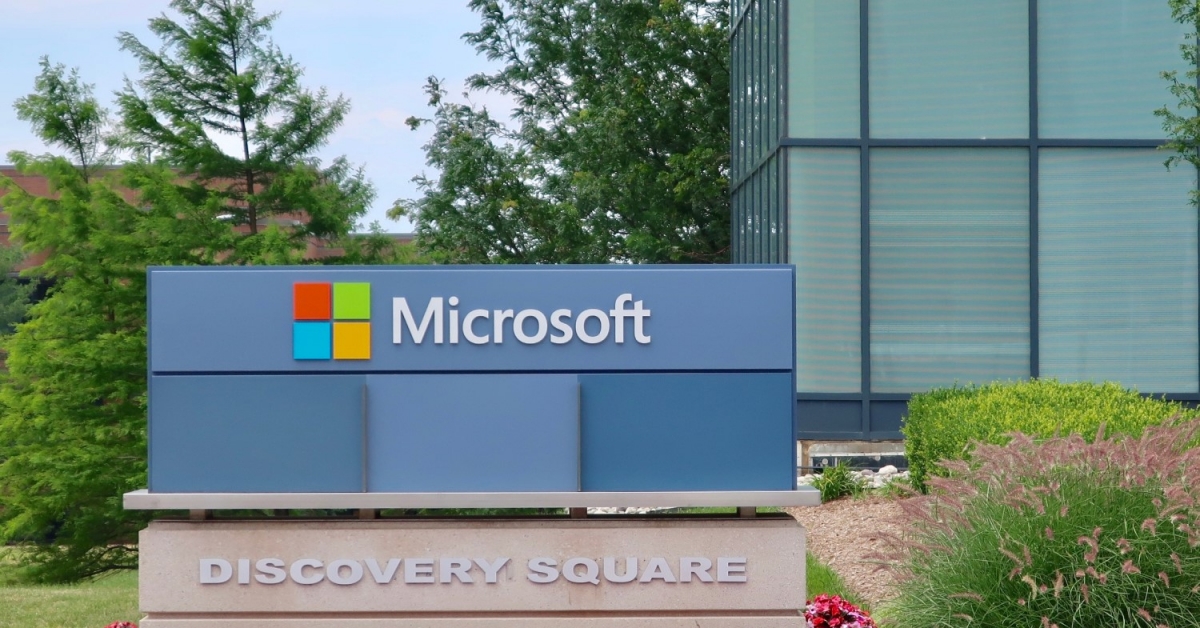
An option to stop illegal mining
In a post on his blog, the technology giant said he had enabled a feature that will detect and prevent the download of "potentially unwanted applications" (PUA) such as cryptojackers or adware.
As Microsoft said, PUAs can slow down a user's computer. They can also lead to excessive fan noise and overheating as they steal the victim's electricity for background extraction.
Cryptojackers use code hidden on websites or downloaded to users' devices to harness the processing power of the computer to extract cryptocurrencies.
Microsoft explained that it added this feature after users complained that when downloading free software from the Internet they often found themselves with "poor reputation" applications installed simultaneously.
The new feature, available in Edge versions from 80.0.338.0 onwards, is disabled in the default settings, but can be enabled in the Privacy and services settings panel.
Beware of legitimate sources
If it is true that you have to be careful of the sites from which you download free software because they are full of cryptojackers, you must not let your guard down even with the safest and most legitimate sources like software like Bitcoin Pro, for example. A year ago, Symantec discovered eight Windows apps on the Microsoft Store that hosted a version of Coinhive, a commonly distributed script for mining the monero cryptocurrency (XMR).
The apps were removed from the site after Microsoft was notified. Another example is BadShell, a very sophisticated cryptojacker that hides inside legitimate processes like Windows PowerShell. Once installed on your PC, it starts secretly running malicious mining scripts.
Unfortunately, threats of this type are not easily recognizable by most antiviruses, since generally executables signed by Windows as PowerShell are considered reliable a priori.
A Skybox Security report in 2018 says that crypto mining malware has outperformed ransomware as a favorite weapon of cybercriminals. The company's figures suggest that cryptojacking included 32% of all cyber attacks at the moment.
Regarding its new functionality to block illegal miners, Microsoft said: "Our goal is to help users get the apps they want, allowing them to maintain control over their devices and experiences."
